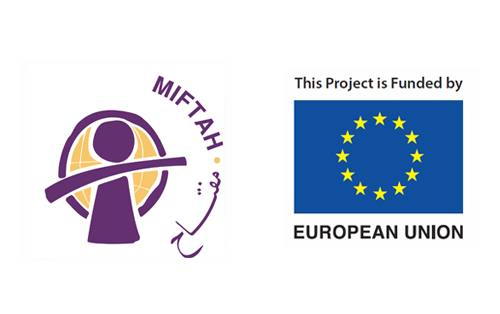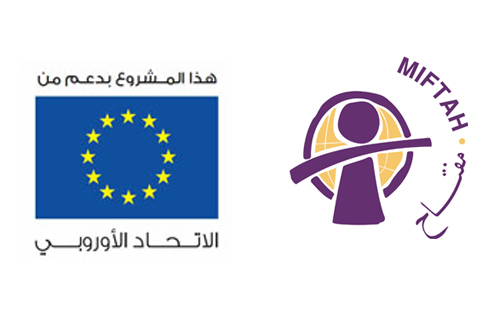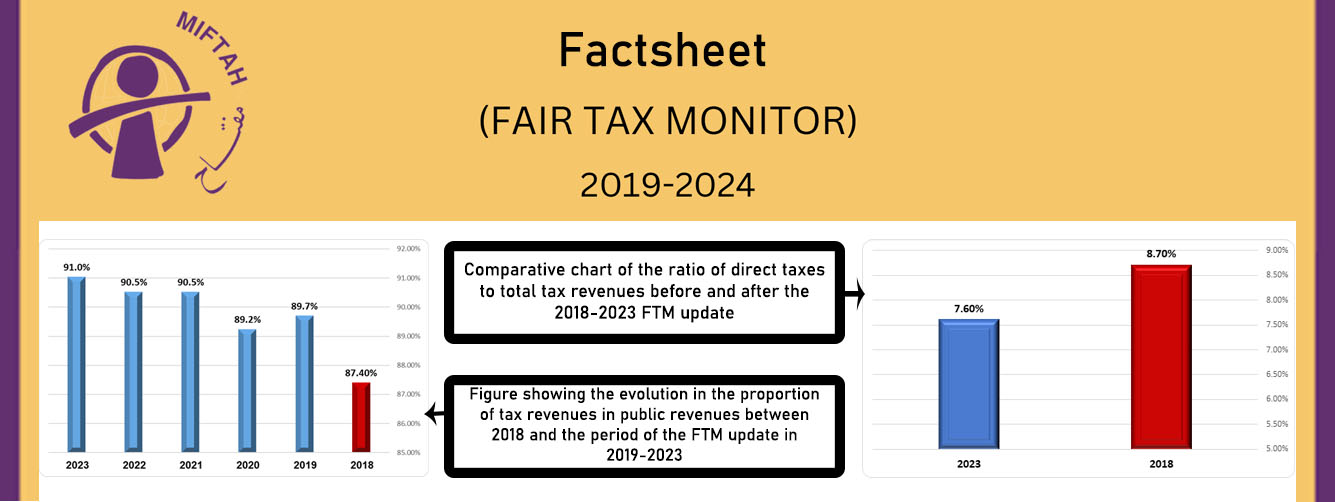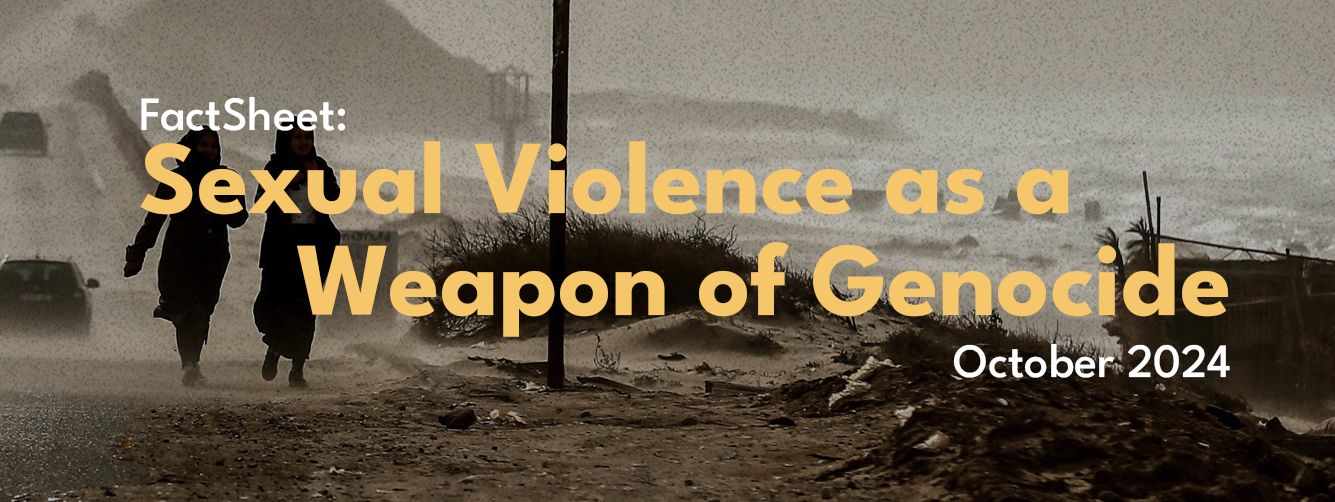
- In 1997, there were more than 10,000 Palestinians working in the fishing sector. However, in 2019, there were only 5,606 workers in this sector, including 3,606 fishermen.
- The distribution of Palestinian fishermen in the Gaza Strip is as follows: 7% in Northern Gaza Strip, 45% in Gaza City, 17% in Al-Wusta governorate (i.e., Deir Al-Balah governorate), 19% in Khan Younis governorate, and 12% in Rafah governorate.
- The number of fishing boats in the Gaza Strip is only 1,261.
- According to Oslo II Accords signed in 1995 between the Palestinian Authority and Israel, the fishermen of Gaza have the right to access fishing areas up to 20 nautical miles from the coast.
- In 2020, there were 308 incidents of gunfire shooting by the Israeli Navy on fishing boats coming from Gaza. In the same year, 10 fishermen were arrested and 12 were injured, along with confiscating 4 boats and sabotaging fishermen’s equipment in 12 incidents.
Type of Violation in the Gaza Strip Number of Violations in 2020 Number of Violations in 2019 Violation incidents 309 351 Cases of gunfire shooting 308 347 Number of detainees 10 35 Number of injuries 12 16 Number of confiscated boats 4 15 Number of cases of sabotaging fishing equipment/boats 12 11 - The permitted fishing areas for Palestinian fishermen are up to 6 nautical miles in the governorates of Gaza and Northern Gaza and around 9-15 nautical miles in the governorates of Al-Wusta, Khan Younis and Rafah (south of Gaza Strip). Also, there is one nautical mile in which maritime activity is prohibited and which is parallel to the southern water borders of the Gaza Strip, as well as 1.5 nautical miles of prohibited maritime activity parallel to the northern water fence. These prohibitions deprive Gaza’s fishermen of accessing fishing areas that have diverse kinds of fish. It should also be noted that Israel’s reduction and increase of “permitted” fishing areas are below the limits set forth by the United Nations Convention on the Law of the Sea (UNCLOS) and violates the Oslo Accords signed by Palestinian and Israeli parties. Not less importantly, the average number of days in which sea access is closed for Gaza’s fishermen is between 10-15 days each month.
Implications of Violating Fishermen’s Rights in the Gaza Strip
Israel’s illegal curtailment of permitted fishing areas and denying the entry of fishing tools and equipment have serious implications for the Gaza Strip. For example, the number of Palestinian fishermen plummeted by 73% in a 20-year period. Israel’s policy of closures and denial of entry of fishing equipment caused a drastic reduction in the number of fishing boats in Gaza. These violations also led to lower economic returns due to smaller quantities of fish that are caught in the confined fishing areas. This forced many fishermen to use certain types of smaller nets to increase the quantities of fish that are caught in the permitted areas, thus leading to negative effects on the maritime environment.
Recommendations:
At the Level of the Palestinian Authority:
- This paper recommends that the Palestinian Authority would call upon international organizations (including the Human Rights Council) to consider the issue of Palestinian fishermen as a top priority. The paper also urges the Palestinian Authority to exert diplomatic efforts and run international advocacy campaigns to highlight the suffering of Palestinian fishermen in the Gaza Strip.
- The budget of the Ministry of Agriculture is estimated at 0.65% of the total Palestinian general budget. Also, no fair portion of this budget is allocated for Gaza’s fishermen as a result of the Palestinian division. Hence, this paper calls for increasing the share of the Ministry of Agriculture from the general budget in light of the structural misdistribution of percentages on ministries. We also recommend unifying the work of the Ministry of Agriculture in the Gaza Strip and West Bank in consolidated programs to enable Gaza’s fishermen to benefit from the services provided by the Ministry.
- The construction and restoration of the Gaza International Port are essential for empowering and reviving the Palestinian fishing sector. Therefore, the paper recommends raising the issue of building and expanding the Gaza International Port, in accordance with international standards and in conformity with international agreements signed by the Palestinian Authority and Israel vis-à-vis Gaza’s maritime access points.
At the International Level:
- The maritime blockade of the Gaza Strip and restricting the movement of Palestinian fishermen are considered a flagrant violation of International Humanitarian Law. Consequently, relevant international bodies – including the United Nations – must take all necessary measures to condemn and stop these violations and compensate Palestinian fishermen for the material and moral losses emanating from Israel’s systematic violations.
- International support for the agricultural sector is still at its minimum. For example, the current support does not exceed 15 million U.S. Dollars per year, which is very modest compared to other sectors supported by donors (such as the local government sector, infrastructure, relief, etc.). Therefore, the paper calls upon donor countries to augment the funding of programs for capacity building and empowerment of Palestinian fishermen.
To View the Full Factsheet as PDF
This factsheet was prepared as part of the “Youth as Human Right Defenders” project funded by the European Union The content of this document does not reflect the official opinion of the European Union. Responsibility for the information and views expressed in the study lies entirely with MIFTAH








